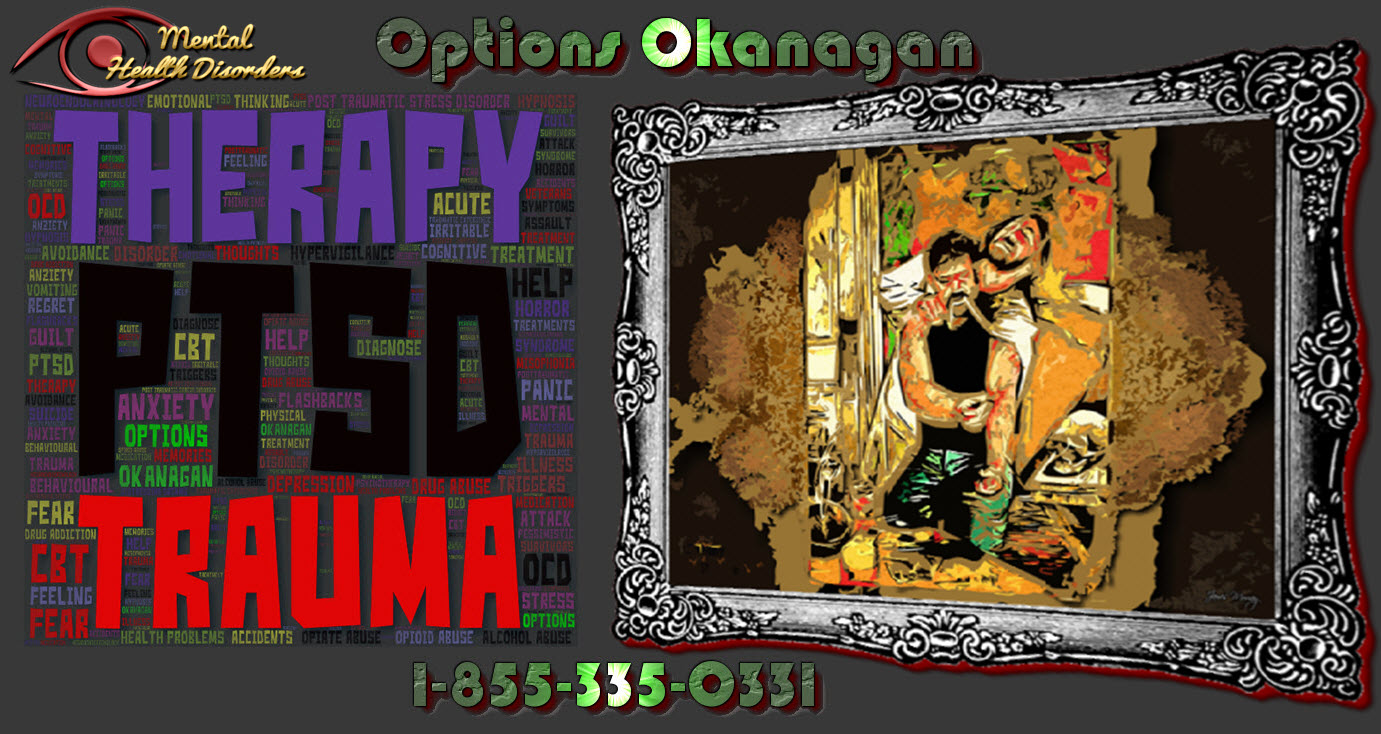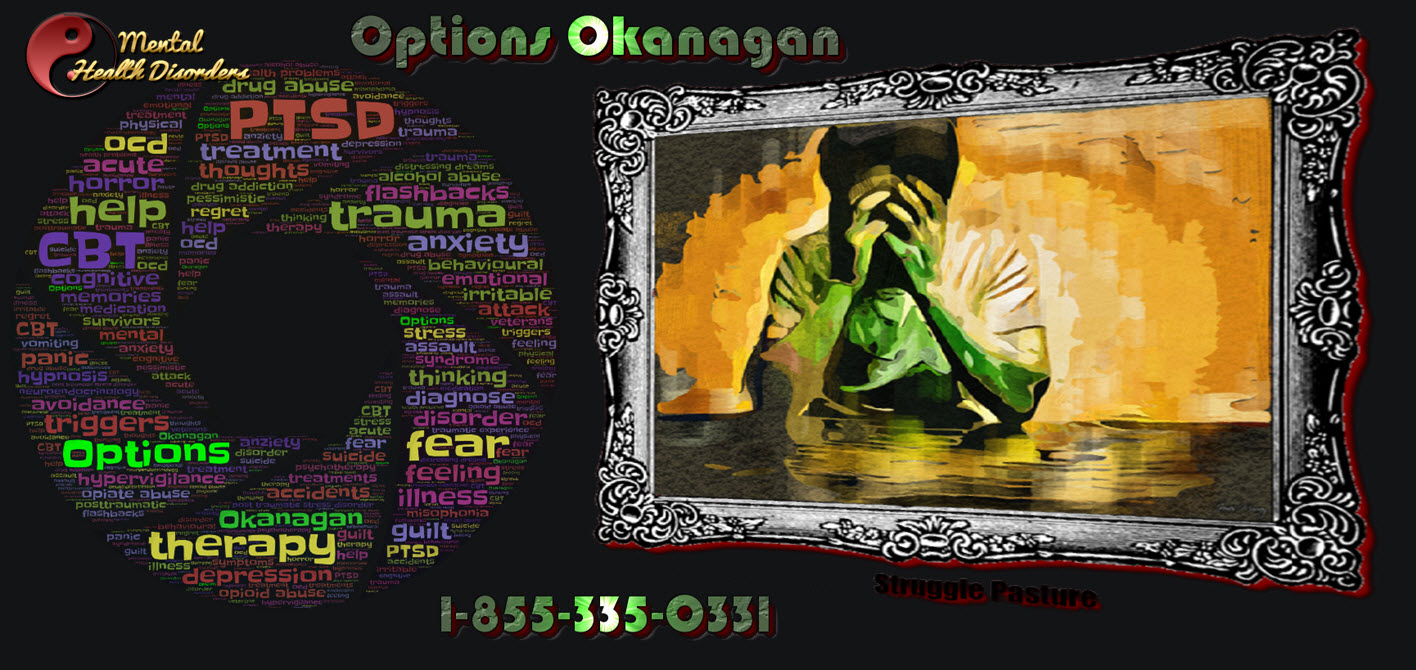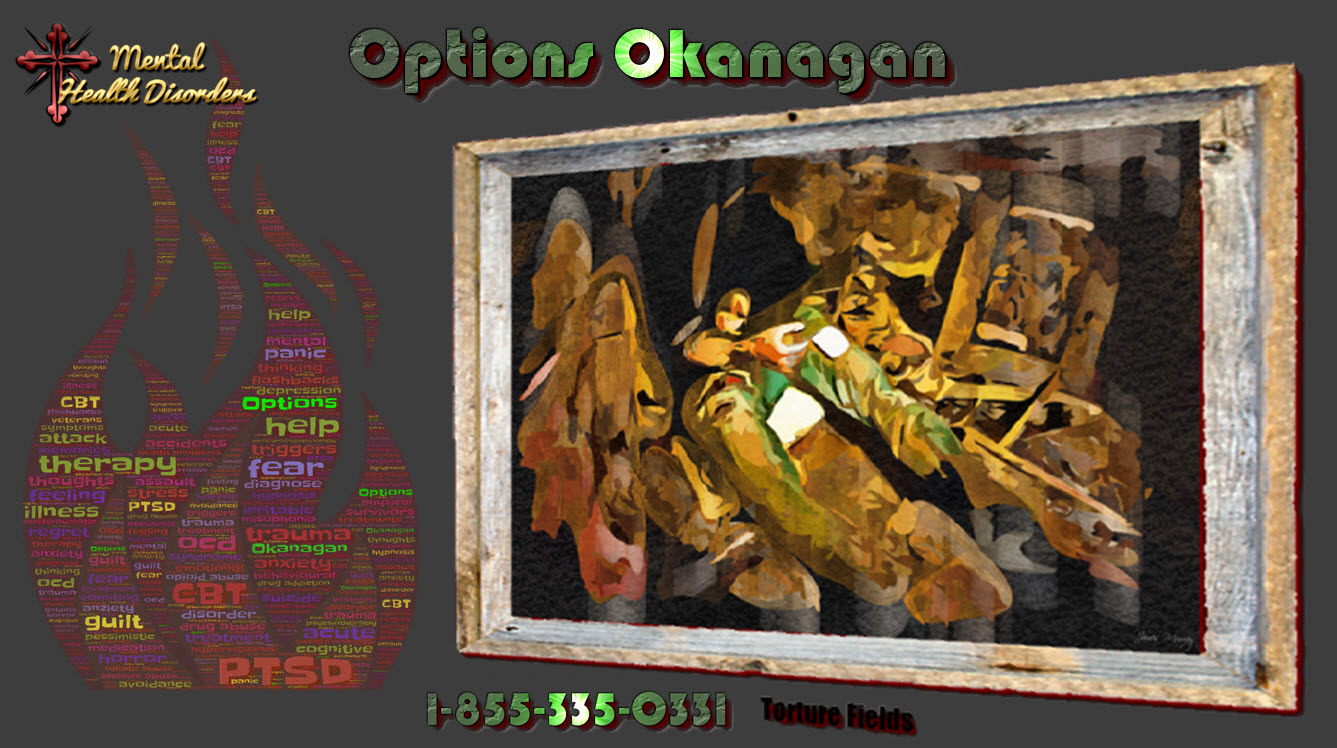Fair rules of fighting: How to better communicate with a family loved one in their recovery – Mental health disorders – Drug rehab programs in Alberta and British Columbia – Options Treatment Center in Kelowna, British Columbia treating drug, opiate, opioid, fentanyl, heroin, and alcohol addiction and recovery.
Opiate & Drug Rehabs In Alberta And BC
All families fight from time to time, but if the conflict escalates into quarrels, it can have dire consequences for relationships. And when a family member loved one recover, family relationships will likely already be hurt by their addiction. Do not let small fights turn into resentment, getting angry or negative emotions that can build up and cause permanent long-term damage to the whole family. Next time the family finds themselves in a fight, apply the tips below and practice more effective communication with the addicted loved one.
Mental Health Disorder Programs In Alberta And BC
Ask why members of the family are upset.
When the addicted loved one does something that hurts or makes everybody angry, it is easy to get carried away. Just as learning how to better handle family emotions is essential for their recovery, so learning how to handle all emotions is also important. Without proper communication, it will be impossible to repair family relationships from the damage caused by addiction. So, the next time you get tempted to start a big argument or fight, take a moment to wonder what is truly bothering you. Are you really that upset that your loved one did not take out the garbage or did not respond to one of your texts, or was there a big problem that caused this situation to escalate?
Decide what you want from this conversation.
Have you ever had an argument that got so out of control that you could not remember what you were arguing about? Did you just know that you were angry? This is what happens when you let your emotions take over. And in fact, arguing in the name of arguing will get you nowhere. Before talking with your loved ones, decide on the outcome you expect. Having an end goal for your conversation will help you focus and stay on the boundaries you may have set.
Focus on the topic in question.
If you are upset that your loved one is not doing your homework, discuss the issue, and work out a solution before moving on to anything else that might be bothering you. While your anger may have you make a list of all the things they have done to upset you, it won’t recognize the need to be more responsible. On the other hand, they can feel attacked, defend themselves, and make your conversation meaningless.
Do not use condescending language.
The key to effective conflict resolution is to separate the person from the problem. Calling names and cursing is counterproductive and can quickly become a negative situation. If you use bad language, your loved one will only feel as bad as you and not help them understand why you feel how you feel. It is important, to be honest with your loved ones about your feelings and their causes. Saying things like “I get angry if you do not text me because I’m afraid something might happen to you” will be a lot more productive than calling them really selfish when they don’t text you back right away.
Take turns speaking.
This is a conversation, not a lecture. The thoughts and feelings of your loved ones are just as important as yours, and you need to give them the opportunity to express them. So try your best not to interrupt them. It is not always easy. So it is helpful to use a timer and allow everyone to talk for a few minutes at a time. And of course, do not let them talk for a longer time like rambling about things. Listen carefully to what they have to say and try to understand where they come from.
Take time if necessary.
When emotions are involved, it is easy to jump in and end up saying or doing something you will later regret. When your anger brings out the worse in you, take time out of the conversation to control your emotions, and reset your thoughts. Remember, who you are fighting with is someone you love. The aim of any argument should always be to resolve conflicts, not win battles.
Work together to find solutions.
If you give yourself the opportunity to speak openly and honestly, there is a good chance that you will better understand what is causing your problem. Work together to find solutions. Say the problem is that your loved one is not responding to your texts and this worries you, but the reason is that they are busy. Together, create a check-in schedule that works for both of you. They may text you when they come to work, at lunch, and when they go home. That way you know they are good and can focus on work. While not all problems are easy to solve or fix overnight, a good first step is to acknowledge the problem and come up with a plan to solve it.
Options Okanagan Opiate and Alcohol Treatment Centers in Kelowna, Salmon Arm and Vancouver, British Columbia – Men and Women are recovering and healing from Alcohol and Drug Abuse at our treatment center here in the Okanagan right now.
Our unique and distinctive Opiate Drug and Alcohol treatment program allows men and women to come in from Calgary as well as Edmonton as we offer airport pickup.
Numerous clients come to us from Vancouver, Calgary, and Edmonton and other locations in Alberta and even other provinces for Opiate addiction treatment, heroin drug treatment, many other drugs, and alcohol addictions for rehabilitation because of the uniqueness of our treatment center.
Our (Kelowna) Alcohol and Drug Treatment Program Location:
(Not Mailing Address) – Contact Us – Web Page
For Mail Delivery :: Please contact each center for correct mailing addresses, also this location is the location of our residential treatment programs in Kelowna. Please call Toll Free 1-855-335-0331 – to contact the treatment center you are going to for the address and directions.
Options Okanagan Drug and Opiate Treatment Center
551 Sherrydale Crescent, Kelowna, British Columbia, V1V 2E6
Toll-Free Phone Number: 1-855-335-0331




